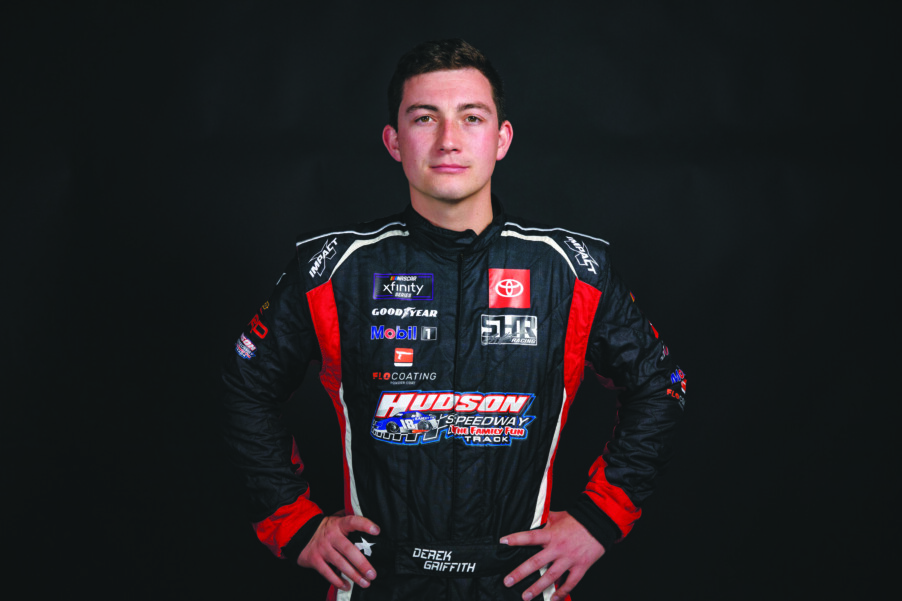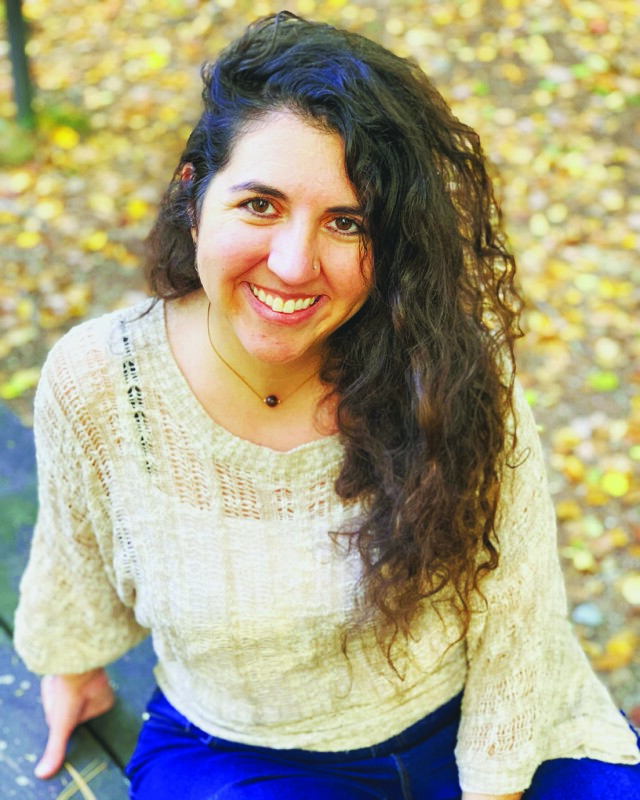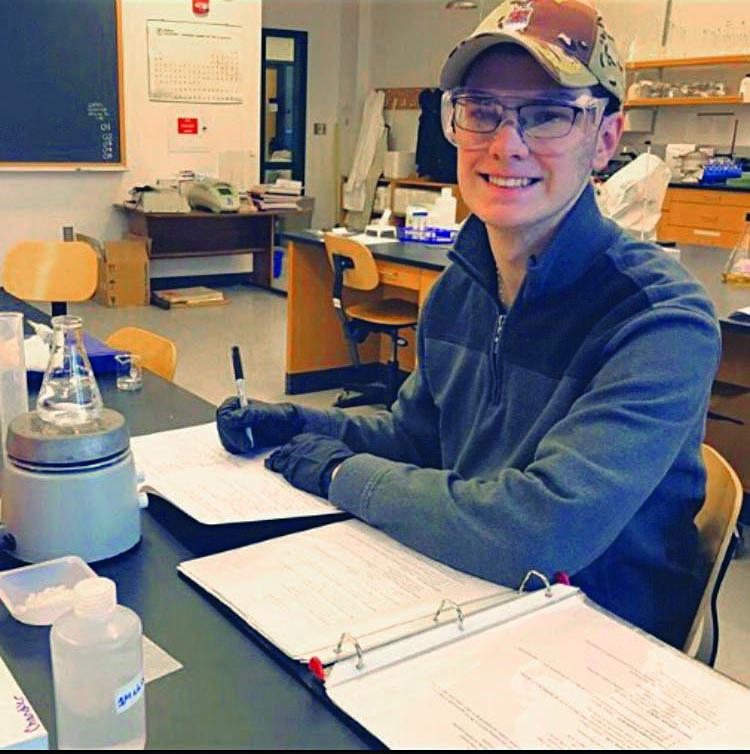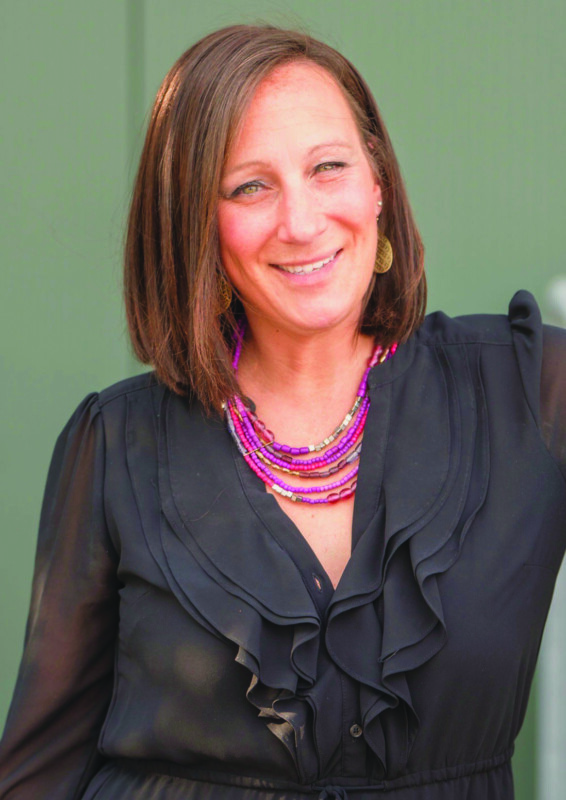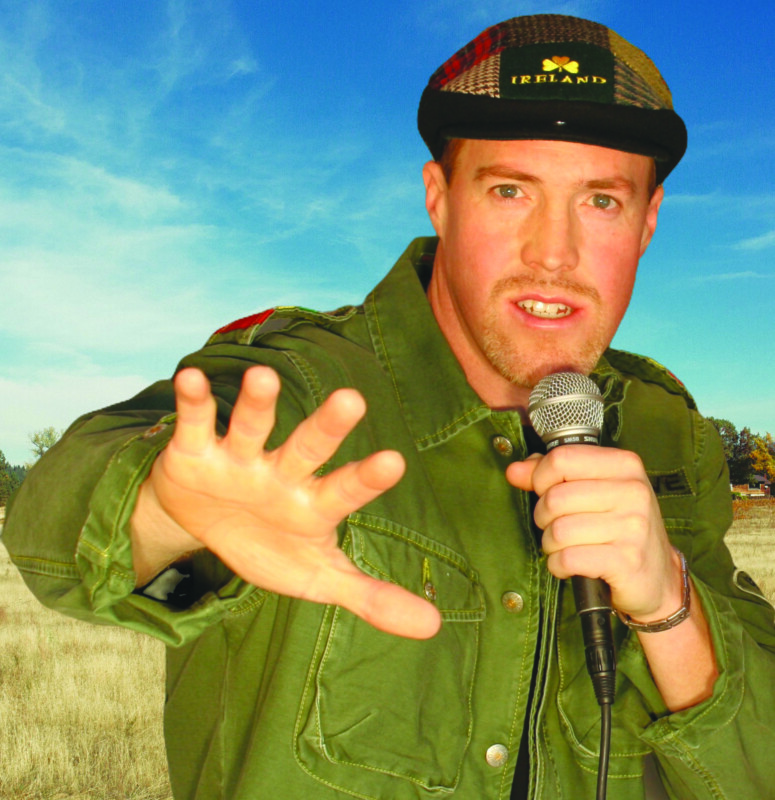Japanese domestic import auto dealer
Derek Griffith is the owner of Northeast Auto Imports in Hudson, a full-service auto dealer and importer specializing in Japanese domestic imports
Explain your job and what it entails.
I import 25+-year-old vehicles from Japan and sell them here — oddities compared to the U.S. market. I enjoy that I do something different than [selling] the cookie-cutter Chevy pickup and Toyota Corolla. Every day is something completely different.
How long have you had this job?
In August of 2018 we opened as a business.
What led you to this career field and your current job?
My father was in the used car industry, and I worked with him since I was 12. But my love for automobiles is not biased. I fell in love with learning the stories behind why the vehicles were designed as they are, or where they came from. All types of cars come through us, but we love the niche vehicles that come from Japan specifically because they just really nailed the interesting factor in the 1990s — turbo diesel 4×4 minivans, turbocharged mini cars that can fit in a doorway. It has kept me engaged.
What kind of education or training did you need?
Education consisted of on-the-job learning. I have no schooling or degrees past high school.
What’s your typical at-work uniform or attire?
We wear jeans or Dickies and company T-shirts or sweatshirts.
How has your job changed over the course of the pandemic?
The sales increased substantially. In fact, so much so that we misjudged and missed out on the potential of more than doubling our normal sales.
What do you wish you’d known at the beginning of your career?
I wish I knew that I would be subject to the stress that being an owner causes for such little return. Employees are the most important part of making a business work, and making sure they are happy with their job is not always an easy task.
What was the first job you ever had?
I worked as a ‘lot guy’ for my father, making sure the cars were always clean and had fuel.
What’s the best piece of work-related advice you’ve ever received?
The best advice, although cliche and overused, is love what you do for work. It is the truth, and I make sure my employees love what they do as well. This life is too short to not enjoy your days, and why would you not want to enjoy what you do day in and day out?
Five favorites
Favorite book: Hatchet
Favorite movie: Turner and Hooch
Favorite music: Rock
Favorite food: Steak
Favorite thing about NH: The freedoms that come with living in the best state
Featured photo: Derek Griffith. Courtesy photo.

